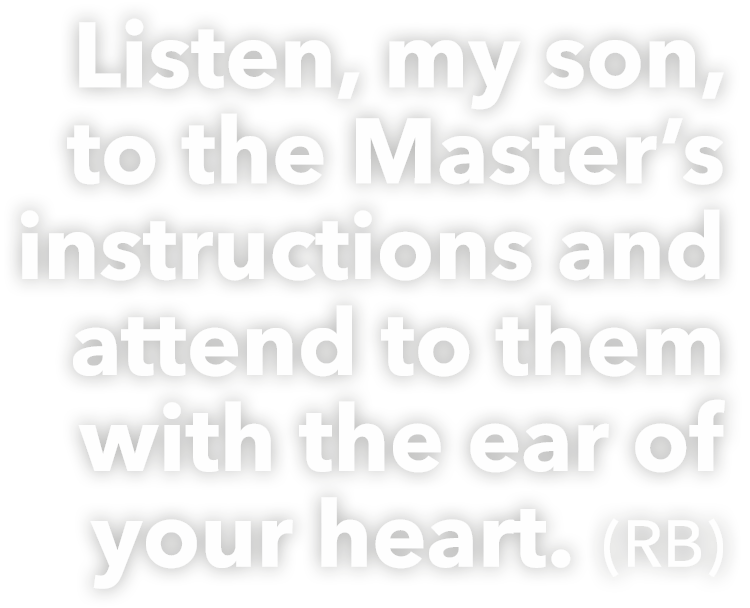
Meet the Vocation Director
I am excited to walk with you on your path of discernment and to offer you guidance and support on your journey discerning God’s call.
Saint John’s Abbey welcomes single, baptized, and confirmed Roman Catholic men, ages 18-43, seeking the stability and nourishment of daily prayer and community life; men with the initiative and discipline to live their faith through prayer and work; men yearning to learn and grow in their discipleship of Christ.
If you sense that God is inviting you to test monastic life, I encourage you to contact me.
Br. Benedict Leuthner, OSB, made his monastic profession in 1987. He serves as the Vocation Director, and previously, he was the CFO/treasurer for Saint John’s Abbey.
Br. Benedict Leuthner, OSB
Vocation Director
Email: Vocations@csbsju.edu
Phone: 320-363-3023
Featured Videos
-

Advice for Discernment
-

Hearing the Call
-

Discerning the Monastic LIfe
Upcoming Vocations Events
Monastic Experience Retreats
February 13 – 15, 2026
March 27 – 29, 2026
July 31 – August 2, 2026
The Monastic Experience Retreat is designed for men in vocational discernment seeking a more profound understanding of monastic life, coupled with the unique spiritual experience that defines the vocation and has called men for over 1,500 years.
Called By Name
Recommend a young man to be a monk of Saint John’s Abbey
A simple nomination—writing a name—can spark discernment, especially when paired with thoughtful follow-up, like invitation letters or a discernment visit. Now more than ever, the Church needs the witness of Benedictine monks—men rooted in tradition, living in community, and devoting themselves to prayer and work for the world. We can encourage them to hear the call.




